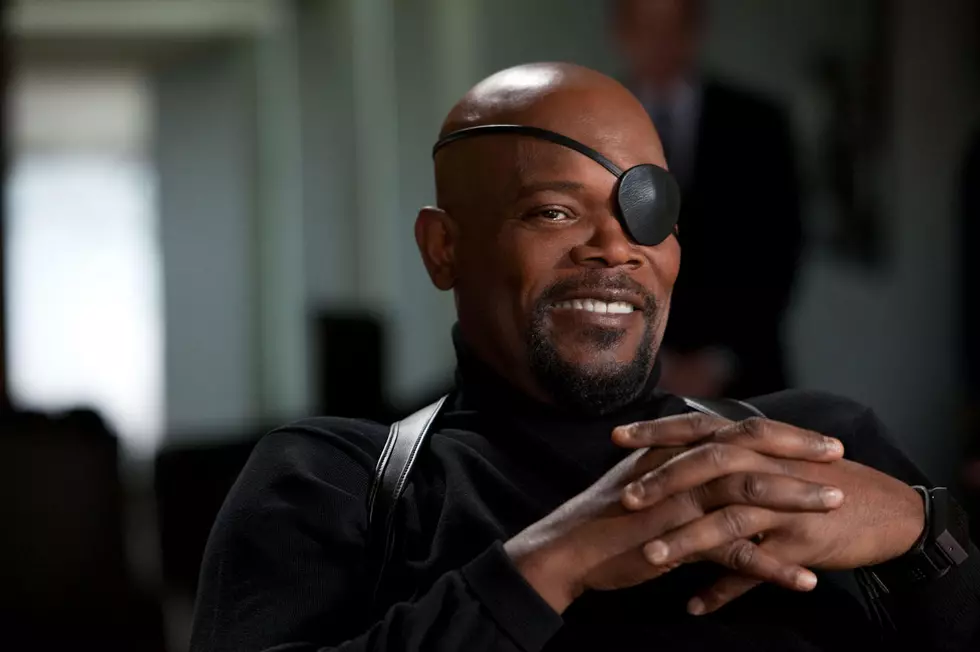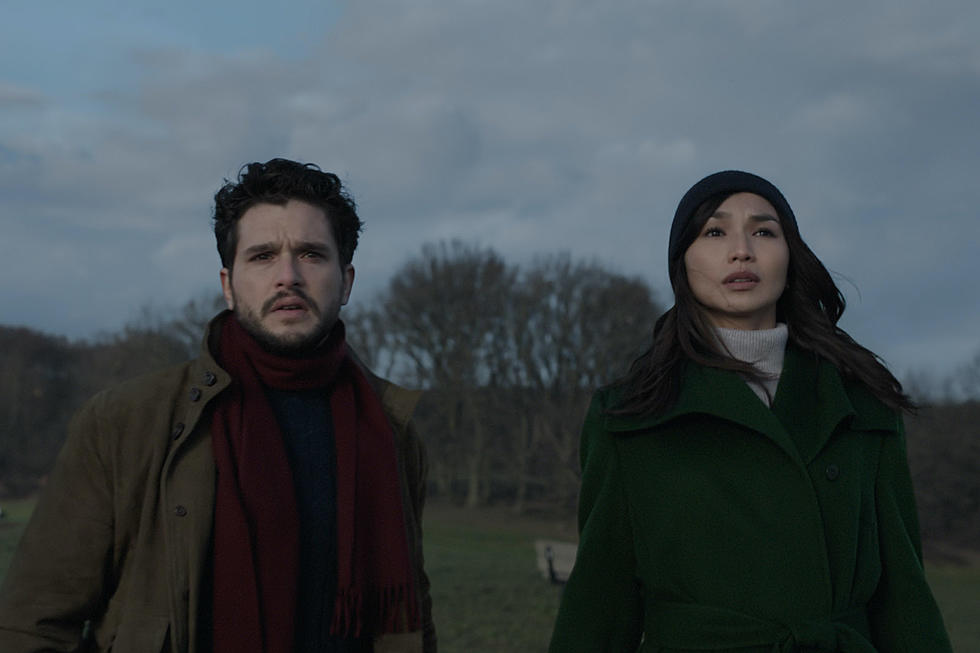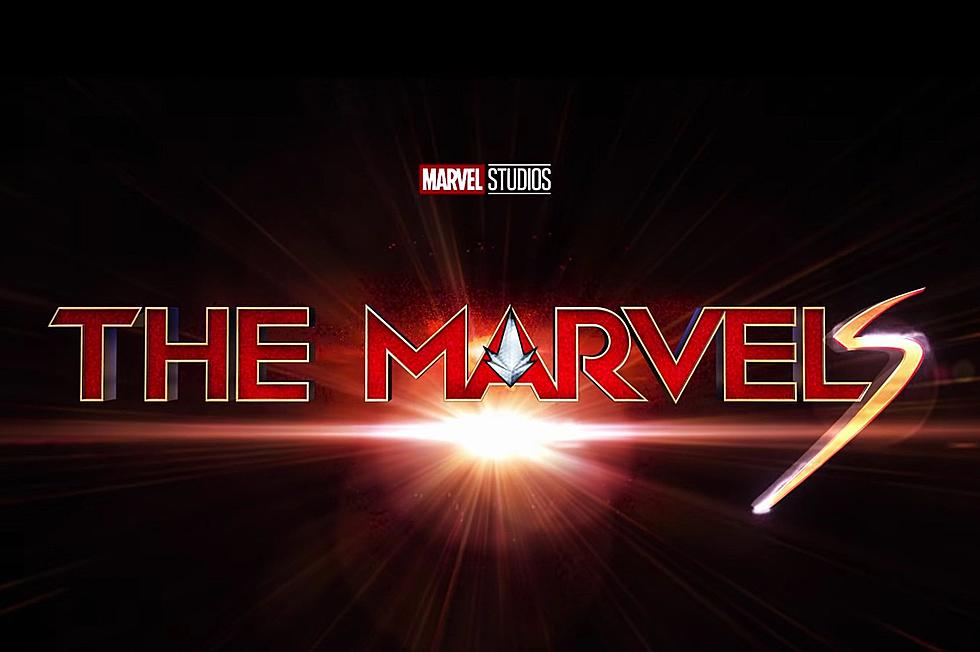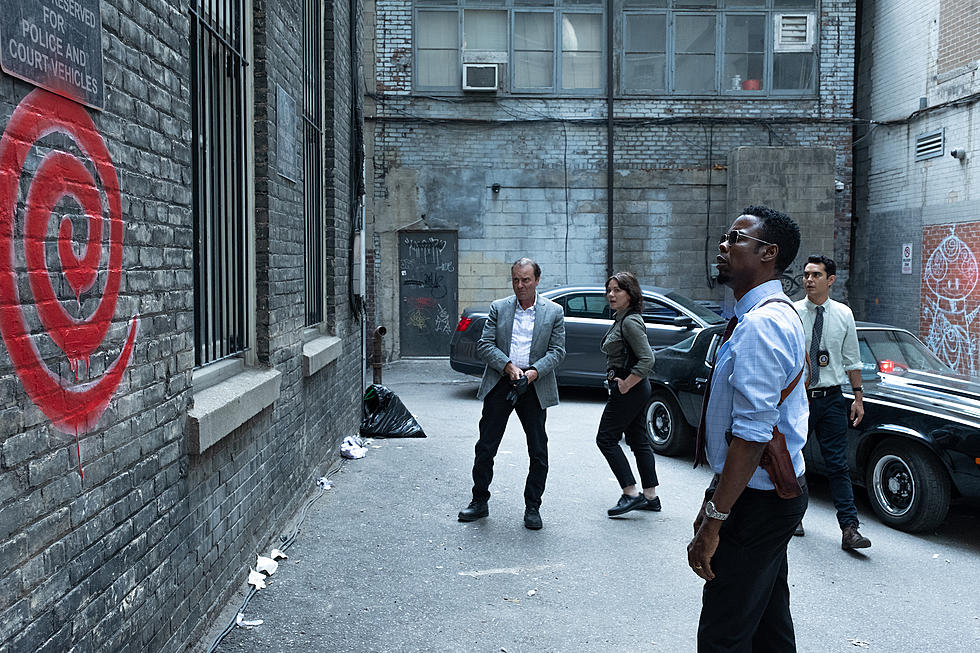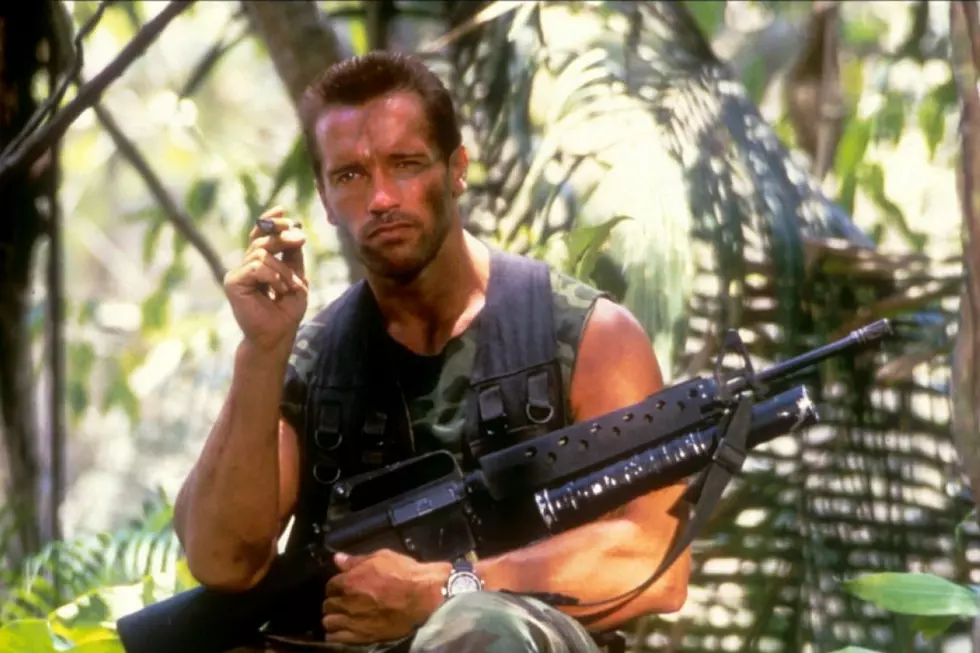
‘Glass’ Review: M. Night Shyamalan Breaks His Cleverest Franchise
I’m sure M. Night Shyamalan has read some comic books in his day. I do sometimes wonder how many though.
His new movie Glass, for all its supposed insights into this genre and what it means, has very little to say about superheroes, and certainly nothing that couldn’t be gleaned from a casual scan of a TV Tropes page. There are no myths deconstructed, no shocking truths exposed, and barely even any excitement on a visceral level. The signature sound effect of the film is a ticking clock; while it has very little relevance on the story, it does remind you just how slowly these 150 minutes are passing.
To Shyamalan’s credit, Glass is a very canny way to combine two different films into a mega-franchise. His previous movie, the horror thriller Split, about a serial kidnapper who also suffers from dissociative identity disorder, ended with the revelation that it existed in the same fictional universe as Shyamalan’s superb 2000 film Unbreakable, and teased a confrontation between the kidnapper — known by the comic-book-y name “The Horde” (James McAvoy) — and Unbreakable’s reluctant hero, David Dunn (Bruce Willis). Glass makes good on that promise, and throws in a third character known as Mr. Glass (Samuel L. Jackson), an obsessive comic book fan with a rare condition that makes his bones extremely brittle and a taste for explaining the rules of comics to everyone he meets.
For reasons that Shyamalan would probably prefer not be spoiled, all three men wind up in a mental hospital under the care of Dr. Ellie Staple (Sarah Paulson), a psychiatrist who specializes in people with the delusion that they are superheroes. The Horde, Dunn, and Glass are all prime candidates for her therapy, which plays out in a long — and I mean long — scene at the center of Glass where she tries to convince them that they are not special, they are simply insane.
If Glass was a standalone film, and the audience was meeting these characters for the first time — if the are-they-or-aren’t-they-superheroes question felt like a legitimate mystery — it could work. But Glass is a sequel to not one but two different movies that proved fairly conclusively that these guys are pretty darn special. Shyamalan’s already shown us how strong David is, and how the Horde can climb walls with his bare hands. What’s the point of convincing people, and then trying to unconvince them? Would you make a Superman sequel where Lois spends 45 minutes trying to gaslight the Man of Steel into believing he can’t actually fly? That’s essentially what Shyamalan’s done here.
Glass is a major step down from Unbreakable, which remains one of Shyamalan’s best-conceived films visually, structurally, and thematically. The way Unbreakable is shot — mostly in long, ahem, unbroken takes — underscores the things it is about. It’s also moody and ominous and simultaneously uplifting and depressing. Looking at it in 2019, it’s obvious what critics saw in the young Shyamalan, and why he was compared to filmmakers like Spielberg and Hitchcock. The guy who made Unbreakable warranted those comparisons.
So where is that guy in Glass? Shyamalan throws in a few long takes and one or two bold camera angles. Otherwise, Glass is perfunctorily shot — and the flashbacks to the events of Unbreakable (using footage from that film) only serve to remind viewers how interesting it was to look at, and how this one is mostly just ... there.
It may be hard for young people to imagine, but there was a time when making a big movie that took superheroes seriously was a daring act. Unbreakable was born into a world where exactly one (1) movie based on a Marvel comic had grossed $100 million. (The first X-Men, which opened in theaters about four months before Unbreakable, in the summer of 2000.) Glass arrives in a landscape where six of the ten biggest films of last year were about superheroes. These tropes are not mysterious or obscure anymore; so why does Shyamalan treat them like they still are? It’s a little jarring to watch as characters need to have things like the concept of a climactic showdown between hero and villain explained to them. If Willis and Jackson didn’t look 20 years older, you’d swear Glass was set at the turn of the last century.
Speaking of Willis and Jackson, they’re integrated into the Horde’s story rather awkwardly. There’s a long stretch where Mr. Glass isn’t onscreen at all, and then a long stretch where David vanishes. In the meantime, McAvoy continues his go-for-broke performance from Split as all of the Horde’s 24 personalities. It would have been lovely, though, if he could have spared one and given it to Paulson’s character, who drives the whole plot without a single motivation or recognizable human emotion until late in the third act. She talks so much about the circumstances around these special individuals and never once reveals why she cares about them until it’s way too late.
By that point, a series of twists and a tonally baffling epilogue have pushed Glass from middling Shyamalan territory close to the lows of The Happening and The Last Airbender. M. Night Shyamalan is a gifted artist, but like most of the characters in the Glass series, he seems to have multiple identities, both good and bad, and you never know which one is going to show up. In the case of Glass, it’s the latter. When Unbreakable came out, it felt truly revolutionary. Given the visual and intellectual sophistication in the superhero movies Hollywood now churns out at a regular clip, Glass just doesn’t cut it.
Gallery — Great Comic Book Movies That Have Nothing to Do With Marvel or DC:
More From WGBF-FM


